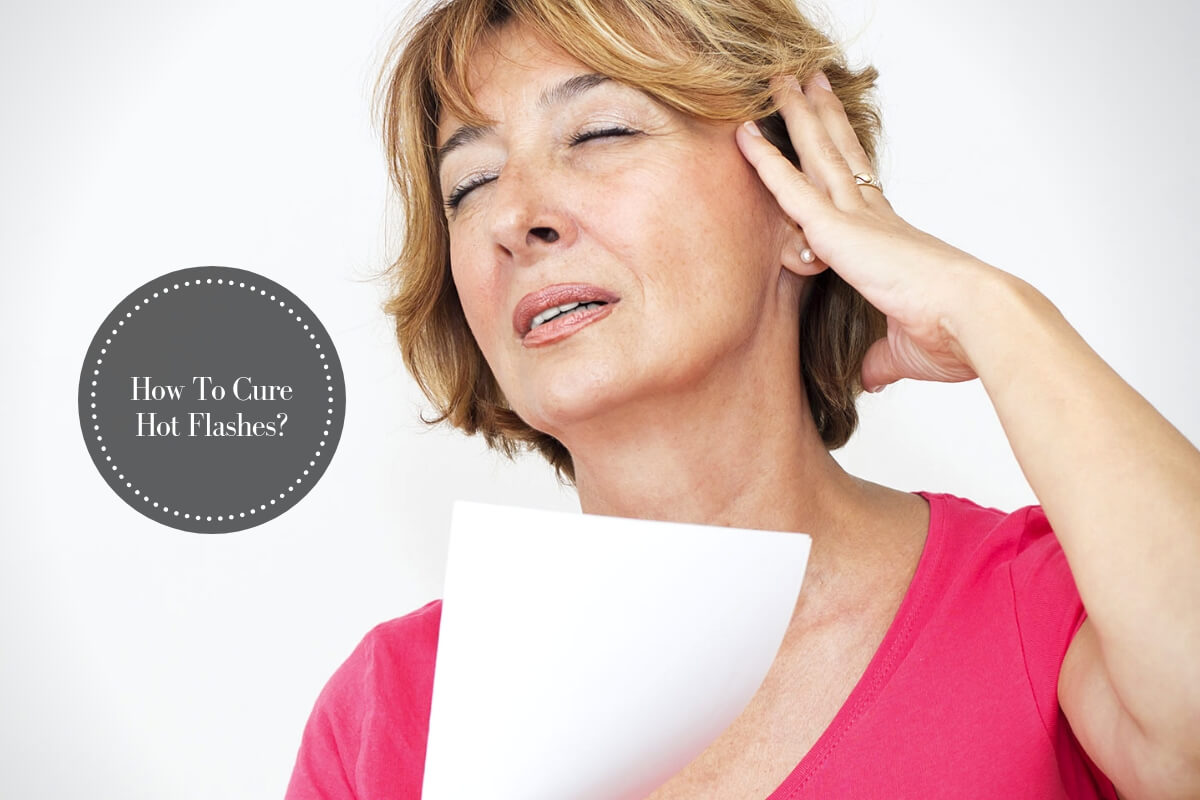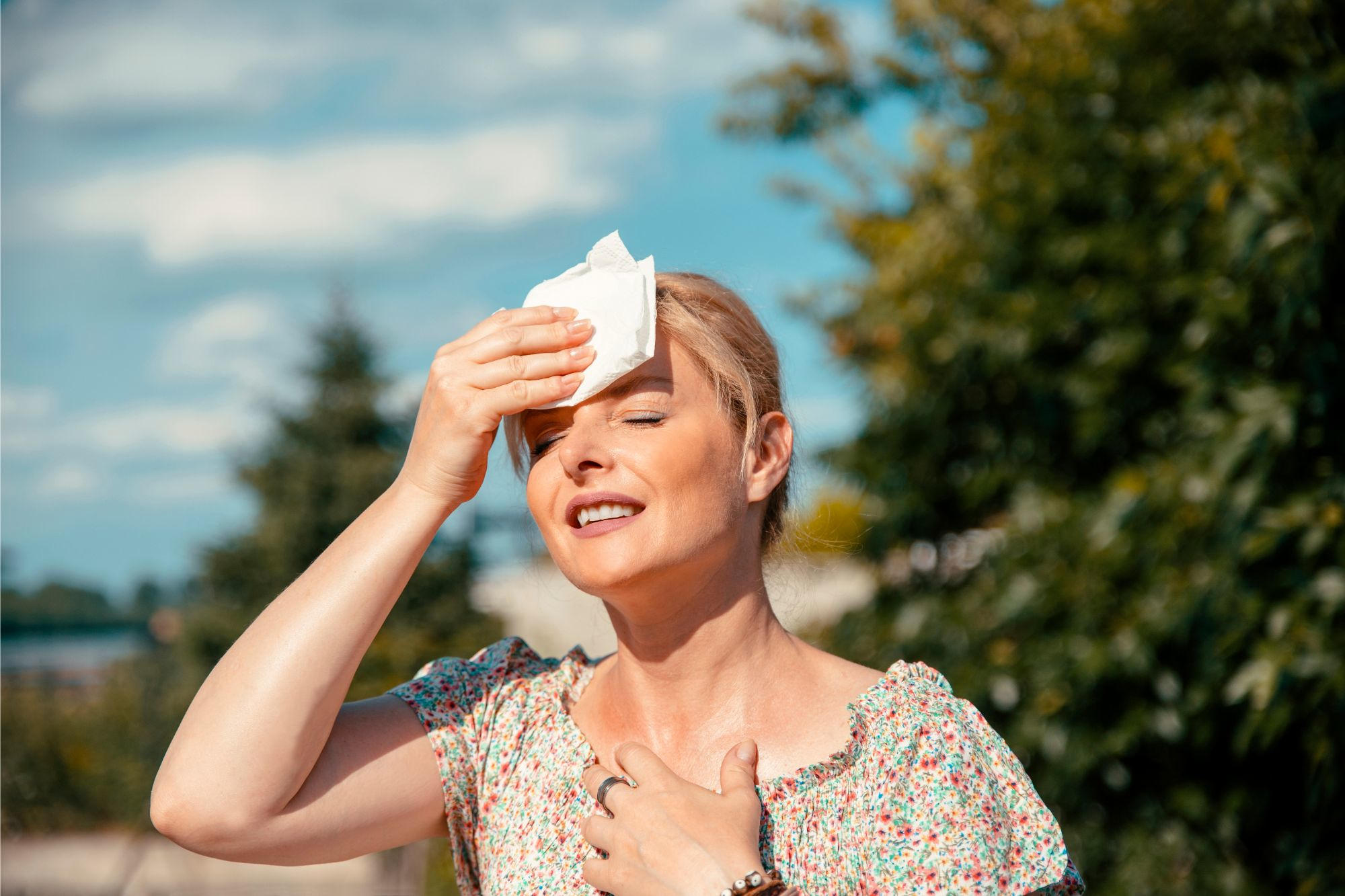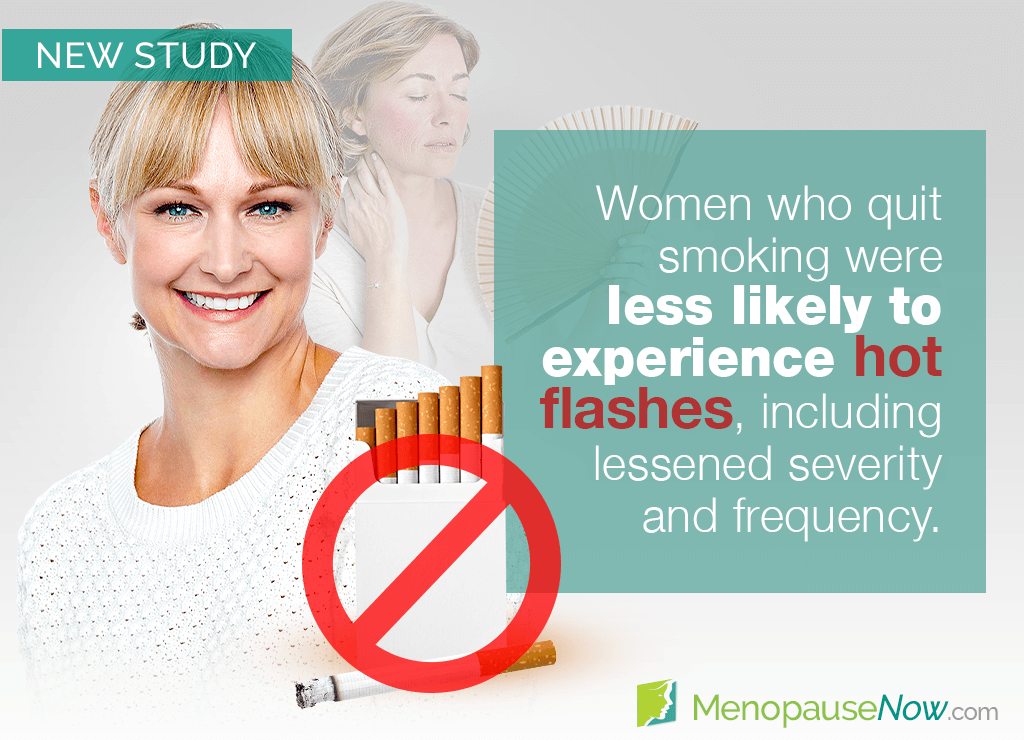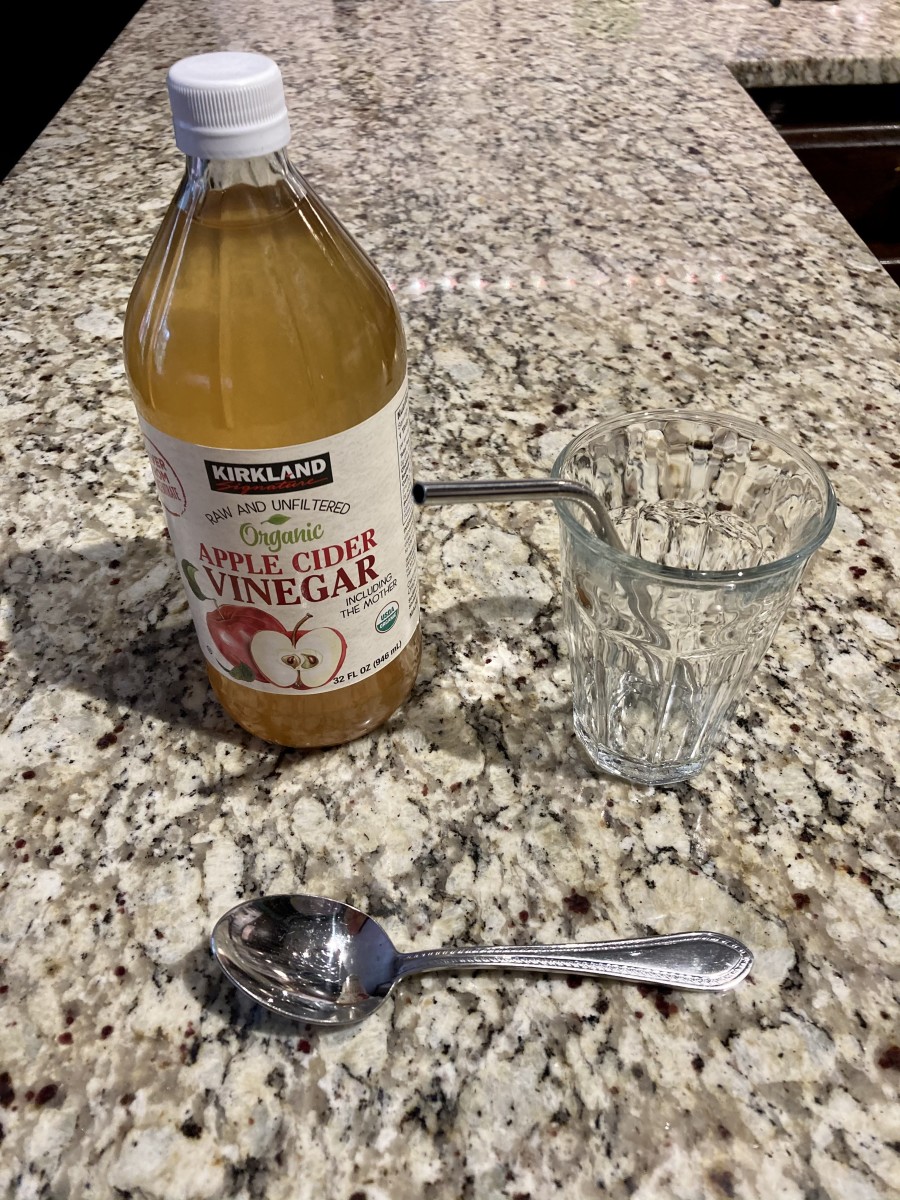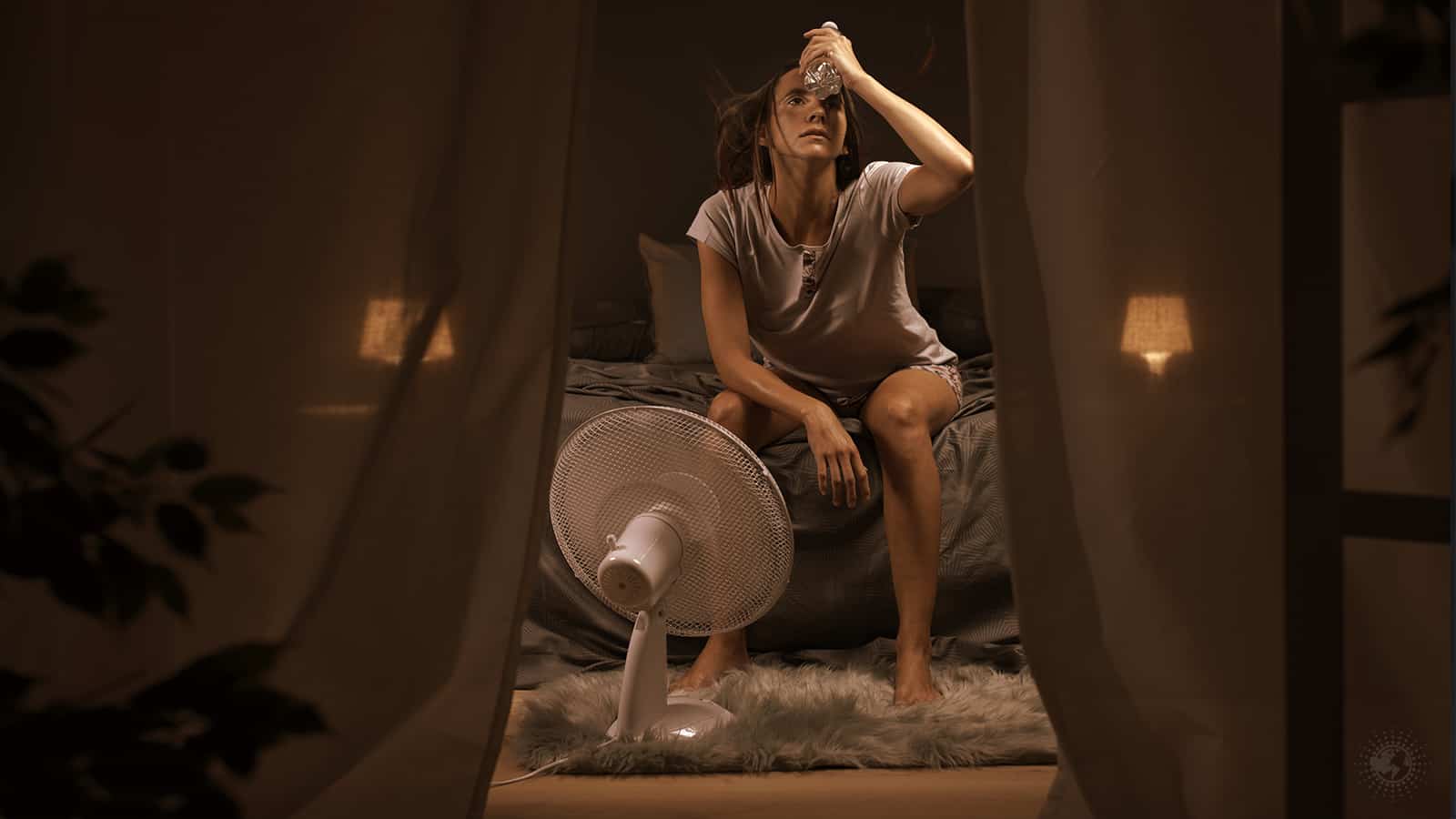Fabulous Tips About How To Decrease Hot Flashes
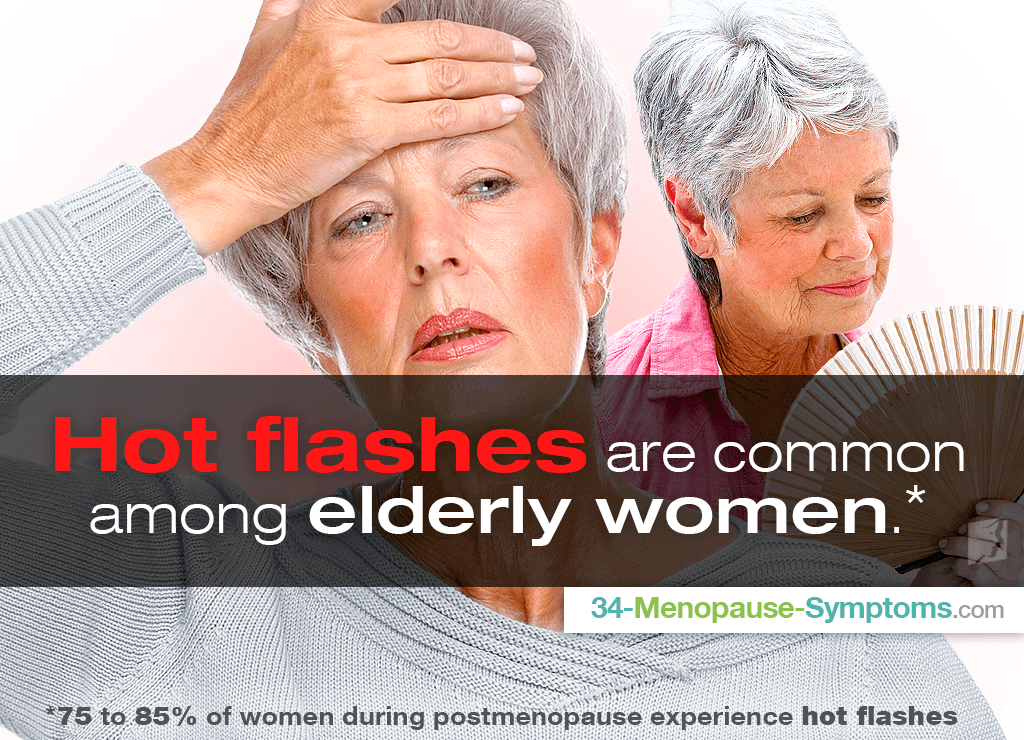
Hormone therapy takeaway a hot flash is a sudden feeling of warmth in your upper body, often followed by sweating.
How to decrease hot flashes. Some experience them for longer. There's no miracle cure for hot flashes, but small changes like adding soy to your diet and eliminating hot beverages might help. By christine byrne, m.p.h., rd.
Research suggests that women who have hot flashes may. Exercise regular exercise, three or more times a week, may help ease your discomfort with hot flashes.
Many people useblack cohosh, a large plant from the buttercup family, to reduce hot flashes, although little evidence exists as to how effective it actually is. Certain antidepressants related to the class of drugs called selective serotonin reuptake inhibitors (ssris) may decrease menopausal hot flashes. Lifestyle changes to improve hot flashes.
Hot flashes are a common symptom of menopause and they can be very uncomfortable. But can your hot flashes. Roizen recommends eating the “when way,” which is eating only when the sun is up, with plenty of fruits and vegetables.
Before considering medication, first try making changes to your lifestyle. Find (and avoid) your triggers certain foods or environmental triggers can spark a hot flash. Most individuals will experience hot flashes for about four to seven years before their symptoms stop.
7 min read what is a hot flash? If you experience moderate or severe hot. This helps normalize blood flow, as fiber helps stabilize.
Smoking makes hot flashes worse. Physical activity could lessen the length, severity, and. Still, some swear that black cohosh root provides effective relief from these and other symptoms of menopause, including headaches, heart palpitations, and.
Menopause medications hyperthyroidism hypogonadism anxiety a hot flash is a feeling of sudden, intense heat on the upper body that lasts anywhere from 30. Studies show that women who quit smoking were less likely to have severe hot flashes than those who continue to smoke. If your hot flashes are mild, you may be able to manage them by revamping your environment and avoiding your triggers.
Hot flashes are the most common symptom of perimenopause and menopause, which is the natural time when your ovaries stop. When they happen at night, they’re called night sweats.

